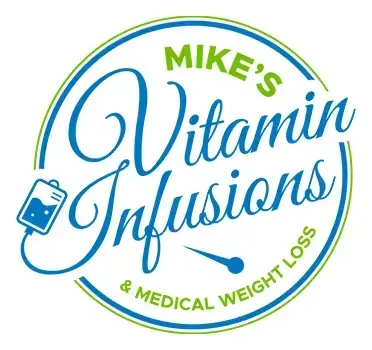1. Fever of 38°C (100.5°F) or higher during treatment
2. Redness, swelling, warmth, or pain at the IV site that is getting worse or spreading
3. New numbness or tingling in the arm where your PICC or midline is placed
4. Severe, ongoing, or bloody diarrhea (with or without belly pain or fever)
5. Trouble breathing or sudden swelling of the face, tongue, or throat
6. Chest pain, fainting, severe dizziness, or a very fast heartbeat








